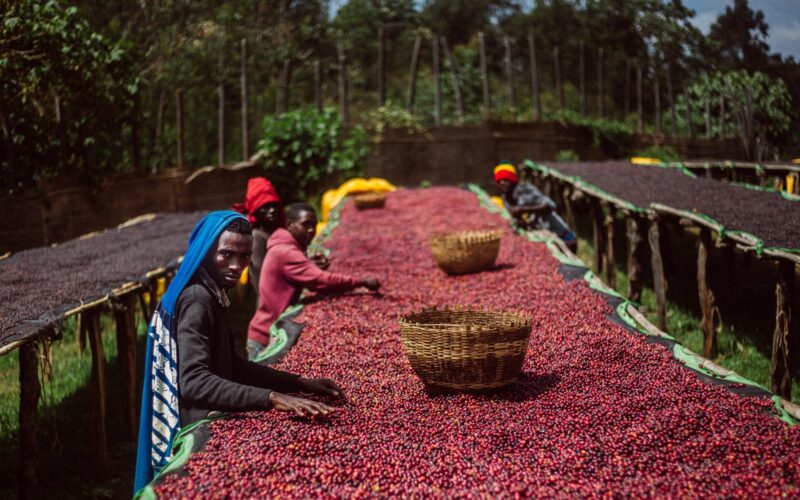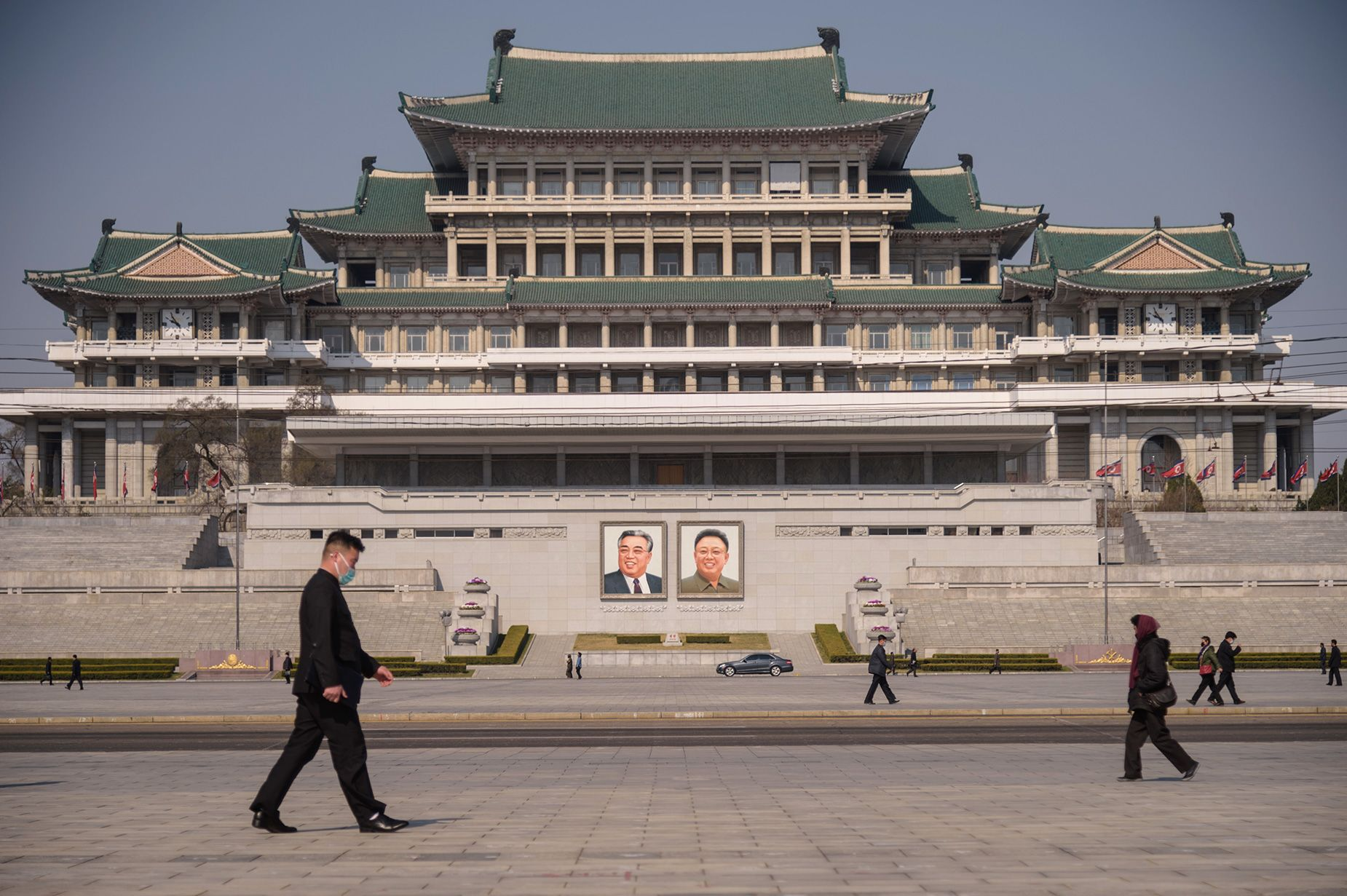The lush landscapes of Ethiopia’s Kafa region, where the first white flowers of coffee bushes signal the upcoming harvest season, are emblematic of the nation’s rich coffee heritage. For the people of Kafa, coffee isn’t just a beverage; it’s a way of life and a vital source of income. However, recent developments in European legislation are casting a shadow of uncertainty over Ethiopia’s coffee industry.
Ethiopia, the birthplace of Arabica coffee, relies heavily on coffee exports, with the European Union being its largest market. However, new regulations set to take effect in 2025, such as the EU Regulation on Deforestation-free Products (EUDR), are causing concern among Ethiopian coffee producers.
The EUDR aims to curb deforestation by prohibiting the sale of products like coffee, rubber, and cocoa unless companies can prove that they were not produced on deforested land. While applauded by environmentalists, Ethiopian coffee officials argue that these regulations disproportionately affect smallholder farmers who lack the resources to comply with the stringent requirements.
Abebe Megnecto, manager of Kafa’s coffee union, highlights the challenge, stating that meeting the criteria demands technological and manpower resources beyond the means of many Ethiopian farmers. Moreover, Ethiopian coffee farming practices, characterized by smallholder cultivation and forest preservation, are inherently more sustainable compared to large-scale monoculture plantations found in other coffee-producing countries.
The repercussions of the EUDR are already being felt, with European buyers hesitant to engage with Ethiopian coffee due to compliance uncertainties. This hesitation threatens the livelihoods of millions of smallholder farmers and workers dependent on the coffee industry.
While there is widespread support for anti-deforestation measures among Ethiopian farmers, concerns linger about the feasibility of compliance and the potential impact on competitiveness. Ethiopia’s fragmented supply chains and the logistical challenges of mapping smallholder farms pose significant obstacles to meeting the regulations.
Despite the complexities, some view the move towards compulsory regulations as a positive step in combating global deforestation. However, voices from Ethiopia, including coffee union representatives and environmental advocates, are calling for more time and support to ensure a smooth transition that safeguards both the environment and the livelihoods of coffee-dependent communities.
As discussions continue between Ethiopian stakeholders and EU officials, the future of Ethiopia’s coffee industry hangs in the balance. With livelihoods, environmental sustainability, and economic development at stake, finding a balanced solution remains paramount for all parties involved.








